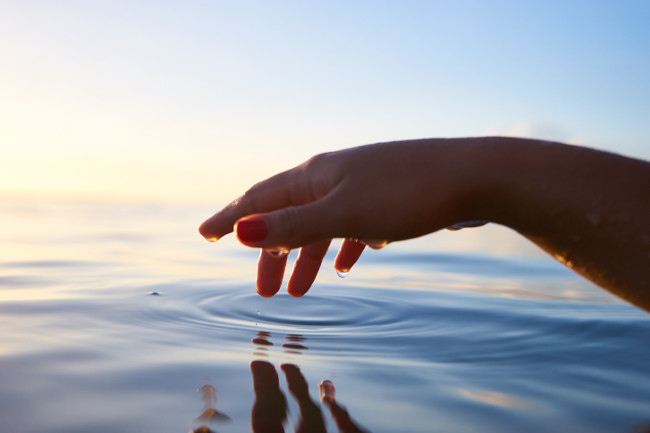
Photo by Yoann Boyer on Unsplash
Even though massage has a 5,000 years long history going back to ancient Egypt and China, we usually think of massage as a form of pampering. It certainly can be, but it is a lot more.
According to the Mayo Clinic, massage – like no other therapy we know – improves both physical and emotional health.
Among the most popular massage techniques are: the gentle Swedish Massage; Deep Massage and Trigger Point Massage recommended to help heal injured muscles; and Sports Massage which caters specifically to the needs of athletes.
Even the “pampering massage” significantly improves blood flow and improves circulation which is why people feel rejuvenated, energized, less anxious and able to concentrate and think better following a good massage. The relaxing effect of a massage relieves stress and enables a better night’s sleep.
But therapeutic massage has an even greater impact; it affects physiological and chemical changes throughout the body.
Therapeutic massage has been found to:
- regulate blood pressure
- ease pain and assist in pain management
- counteract postural imbalance caused by a sedentary job
- relieve muscle soreness after exercise
- relieve stress and actually lower Cortisol levels
- control a range of stress-related diseases (like IBS, for instance)
- increase “feel good” hormones’ levels
- relieve depression
- stimulate the immune system and relieve symptoms of immunological diseases
- accelerate recovery (post-trauma, after an operation, or disease)
- minimize physiological and emotional effects of trauma
Sports massage has a unique set of therapeutic benefits. Sports massage is usually performed before an athletic competition to prepare the athlete for his / her performance and prevent possible injuries and after an athletic event to help the athlete relax both physically and emotionally. (The post athletic challenge massage can also help detect sports injury.) Los Angeles Accident Info explores the benefits of during an event sports massage intended to relax muscles, restore normal breathing rate, normal blood pressure and normal heart rate as well as delay soreness from overuse thereby extending the athlete’s endurance during a multiple competitions’ event.
There are several theories that back up the therapeutic benefits of massage. Large scale studies confirm the effectiveness of massage therapy. With all that out of the way, let’s not underestimate the power of “human touch” alone. “Baby cuddling” is known to help premature babies gain weight. Gentle massage brings comfort to despondent elderly and even hospice patients. Massage techniques not withstanding, the human touch may have something to do with the therapeutic benefits of massage as well.
WHEN YOU REALLY WANT OR NEED AN OCCASIONAL MASSAGE:
Generally speaking a massage is healing, comforting and good for you. There are however some circumstances when a massage is counter indicated and could be harmful.
Some are common sense: being intoxicated, having sunburn, a cold, flu or an infection / inflammation. These are some of the other situations when getting a massage is not a good idea: pregnancy, osteoporosis, varicose veins, psoriasis, or eczema. When in doubt consult your doctor before making an appointment with a massage therapist.
WHEN YOUR DOCTOR RECOMMENDS A MASSAGE:
Find out whether your prospective massage therapist is certified and licensed. Ask how many sessions are needed to address your specific health concern. (The effects of massage are cumulative: regularly scheduled massage sessions produce best results.) Make sure that you know whether or not the treatment is covered by your insurance and if not, what’s the expected cost.
